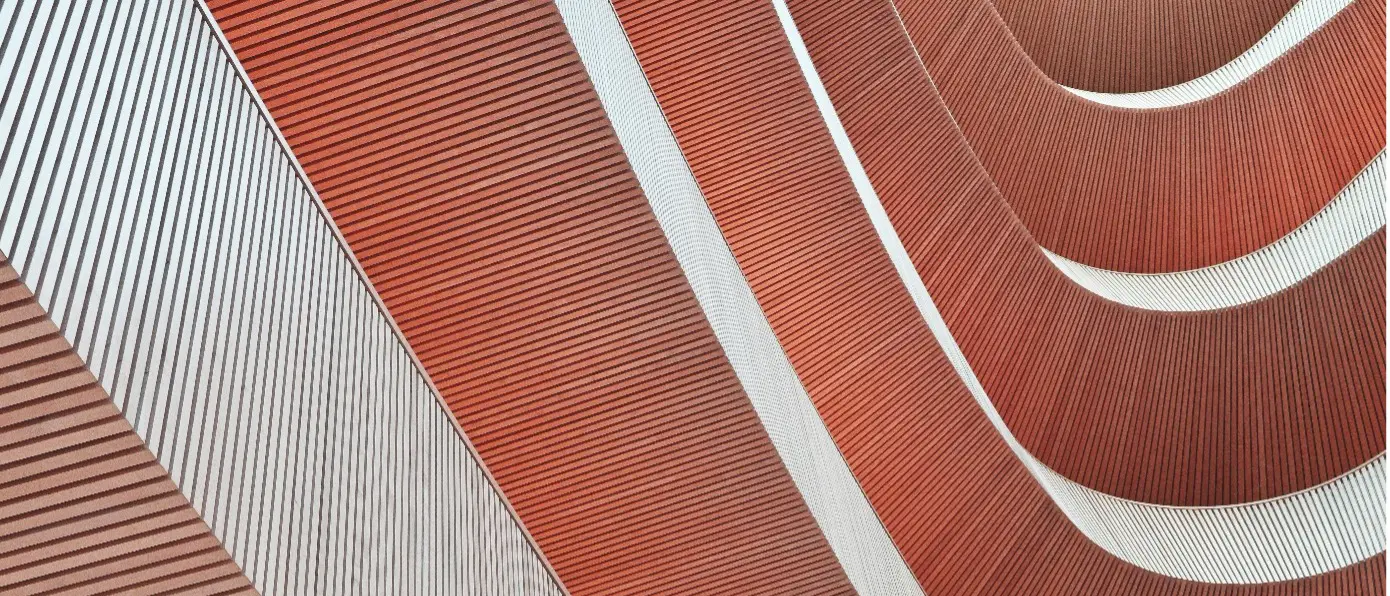Smart Spaces: Three new projects
Digital technologies provide new opportunities to make living, working and educational spaces more sustainable, efficient and connected. The newly approved projects demonstrate concrete approaches to how these potentials can be harnessed.

In the fourth Rapid Action Call, the Digitalization Initiative of the Zurich Higher Education Institutions (DIZH) is supporting three projects. ZHAW researchers have the project lead for two projects. In the third project, ZHAW is part of a cross-university project team. The call for proposals, titled “Smart Spaces: digitally-based solutions for residential, cultural, working and educational spaces”, aimed to promote projects that can be implemented quickly and respond to current challenges. The selected projects demonstrate in different ways how digital technologies can be used to create smart spaces:
Learning Environment Zurich
The “Learning Environment Zurich” project of the ZHAW, University of Zurich and Zurich University of the Arts strengthens collaboration between Zurich’s universities and develops the vision of a future-oriented learning landscape. Existing infrastructures, international examples, and the needs of key stakeholder groups, including professional associations, universities, and Smart City Zurich, are being analysed. In addition, a prototype of a platform is being developed to make learning locations visible. The goal is to enable new forms of cross-university cooperation and to further develop Zurich as an educational hub.
SHAPE (Shelter-based Hubs for Adaptive Partnerships and Engagement)
Shelter spaces as social and digital infrastructure for learning and working in times of crisis
The project team is developing adaptive shelter and cooperation spaces for living, working, and learning in crisis situations. “SHAPE” combines physical protective infrastructures such as bunkers with digital, AI-enabled communication and decision-support tools, along with a human-centric approach to promoting psychological safety. Building on experiences from Ukraine, the aim of the project is to design shelters as connected environments for living and working that can provide safety, collaboration, and continuity even in prolonged crises.
Towards Transparent and Energy-Efficient Real Estate Markets
A digital platform will make the energy renovation needs of existing properties visible and factor them into property valuation. This will create greater transparency for purchasing decisions and targeted investments. The project contributes to affordable, energy-efficient housing and supports the energy-efficient renovation of existing buildings.
Financial support for these projects is provided via the DIZH special credit, which includes funding contributions of CHF 15,000 to 75,000 per project. In addition, the universities participate equally in the financing through matching funds. The duration of the projects is up to twelve months.
The mission of Digitalization Initiative of the Zurich Higher Education Institutions (DIZH) is to promote cooperation on digitalization issues between higher education institutions in Zurich, thereby strengthening the greater Zurich area as a hub for research and business. The University of Zurich (UZH), Zurich University of Applied Sciences (ZHAW), Zurich University of the Arts (ZHdK) and Zurich University of Teacher Education (PHZH) are part of the DIZH network, which aims to advance research and innovation on digitalization by using interdisciplinary approaches.
DIZH’s innovation program is one of the initiative’s core components.